 2nd GMOSENSOR WORKSHOP | DECEMBER 5-7, 2014 | UFPI, Parnaíba, BRAZIL
2nd GMOSENSOR WORKSHOP | DECEMBER 5-7, 2014 | UFPI, Parnaíba, BRAZIL 
The second workshop of the GMOsensor project took place at the Núcleo de Pesquisa em Biodiversidade e Biotecnologia, Biotec, Universidade Federal do Piauí (UFPI), Parnaíba, Piauí, Brazil and was attended by researchers from almost all the institutions involved in the project.
From: ISEP - Cristina Delerue-Matos, Fátima Barroso, Maria Freitas, Alexandra Plácido, Diana Cruz, Andreia Coelho; ICETA - Isabel Mafra; Joana Costa, Caterina Villa, Liliana Meira, Liliana Grazina; UNIOVI - Maria Jesus Castañón Lobo; UPE - Rosana Fonseca, José Ribeiro Santos Júnior, Juliana Sousa; UFPI – José Roberto Leite, Durciliene Silva, Joilson Jesus; Patrick Quelemes, Leiz Veras; CENPAT - Mariela Marani and UNRC - Patricia Molina.
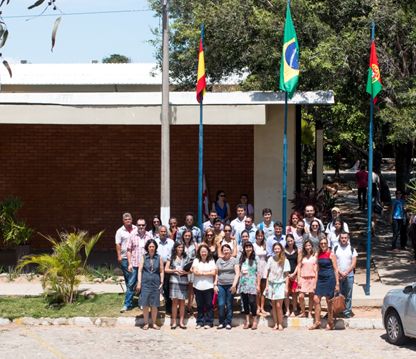 |
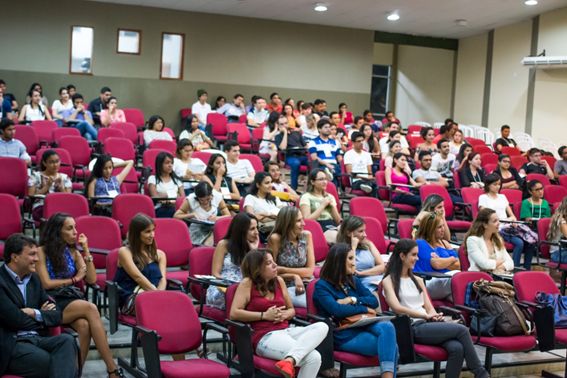 |
| Group Photo | The Audience |
The second workshop was important in order to clarify some questions, to define dates for upcoming secondments and to align communication strategies related to dissemination of work resulting from the project.
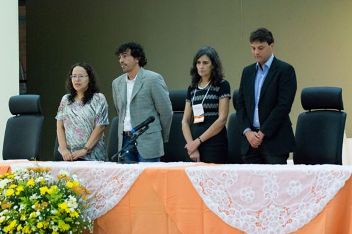 |
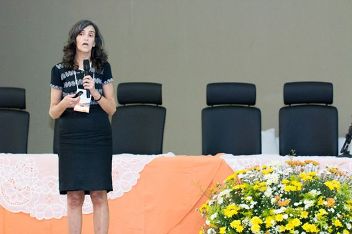 |
| Opening Ceremony | Monitoring Genetically Modified Organisms in Food and Feed by Innovative Biosensor Approaches (GMOsensor): Results and Challenges Cristina Delerue-Matos (ISEP, Porto, Portugal) |
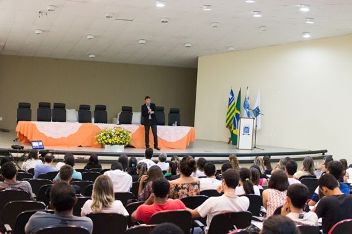 |
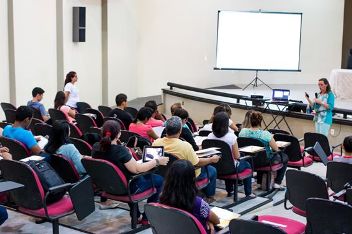 |
| Proteomics and nanobiosensors: A new concept for GMO assessment and the importance of the research network José Roberto Leite (UFPI, Parnaíba, Brazil) |
Minicourse: Electrochemical Biosensors Maria Jesús Lobo (UNIOVI, Oviedo, Spain) |
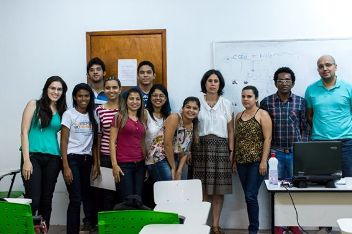 |
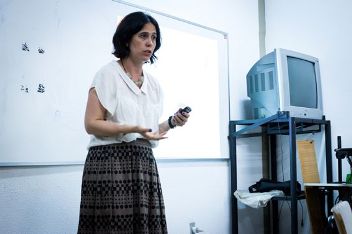 |
| Minicourse: Advances in Genosensor Research Group Photo |
Minicourse: Advances in Genosensor Research Fátima Barroso (ISEP, Porto, Portugal) |
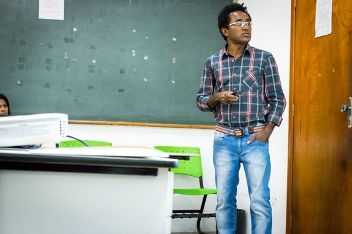 |
 |
| Minicourse: Advances in Genosensor Research Joilson Jesus (Biotec, UFPI, Parnaíba, Brazil) |
Minicourse: Molecular Biology Applications Biomarkers Isabel Mafra (ICETA, Porto, Portugal) |
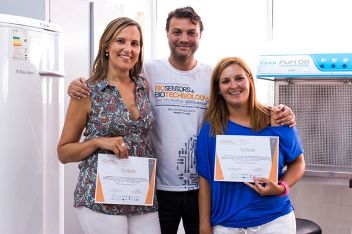 |
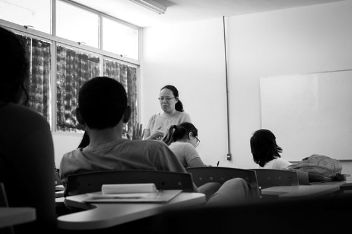 |
| Minicourse: Molecular Biology Applications Biomarkers Isabel Mafra (ICETA, Porto, Portugal), José Roberto Leite (UFPI, Parnaíba, Brazil) and Joana Costa (ICETA, Porto, Portugal), |
Minicourse: Nanoparticles: From Teory to Application Durcilene Silva (UFPI, Parnaíba, Brazil) |
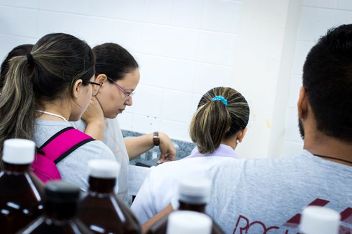 |
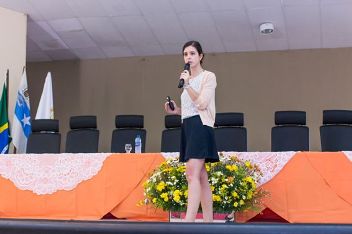 |
| Minicourse: Nanoparticles: From Teory to Application Durcilene Silva (UFPI, Parnaíba, Brazil) |
Electrochemical impedimetric immunosensor based on modified indium tin oxide electrodes for detection of Cry1ab protein in genetically modified maize Maria Cristina Castro Freitas (ISEP, Porto, Portugal; Physics Institute of São Carlos, USP, Brazil) |
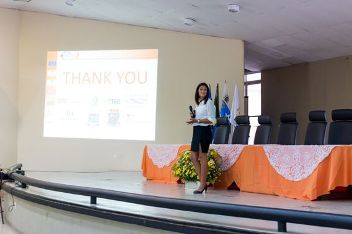 |
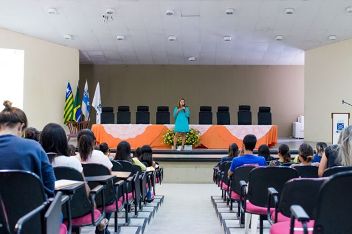 |
| Theoretical prediction of Cry1Ab16 peptides as molecular markers for the detection of genetically modified maize using biosensors Andreia Coelho (ISEP, Porto, Portugal; UFPI, Parnaíba, Brazil) |
Extensive in silico evaluation of CP4-EPSPS peptides as potential biomarkers of transgenic soybean Joana Costa (ICETA, Porto, Portugal; CENPAT, Argentina) |
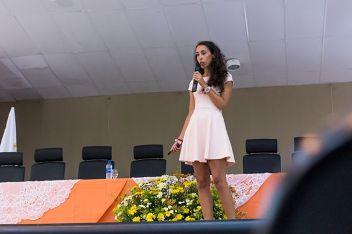 |
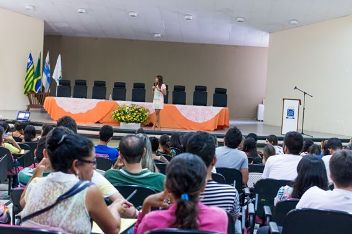 |
| DNA barcoding as a new tool for plant food authentication: the case of saffron (Crocus sativus l.) Caterina Villa (ICETA, Porto, Portugal) |
Development and application of species-specific PCR assays to detect and quantify horse meat adulteration in foods Liliana Meira (ICETA, Porto, Portugal) |
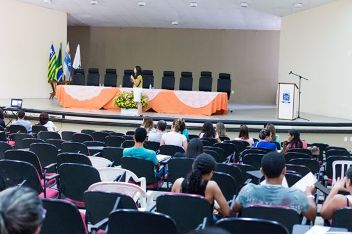 |
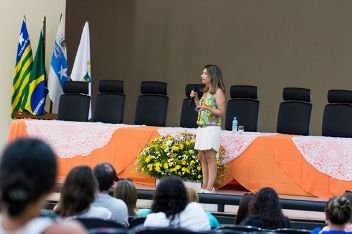 |
| Screening transgenic soybean in foodstuffs by the detection of the 35S promotor Alexandra Plácido (ICETA, Porto, Portugal) |
Detection and quantification of roundup ready soybean in food by conventional and real-time polymerase chain reaction Liliana Grazina (ICETA, Porto, Portugal) |
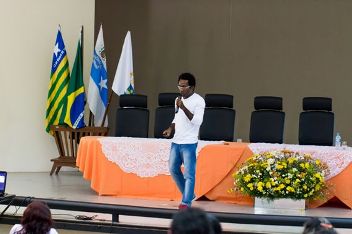 |
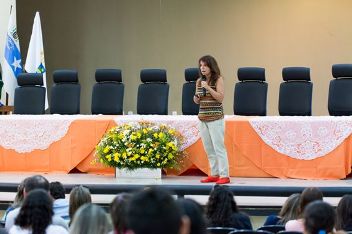 |
| Development of an immunosensor: intercession between the study of infectious diseases and genetically modified organisms Joilson Ramos de Jesus (UFPI, Parnaíba, Brazil) |
Electrochemical determination of testosterone using nanostructured gold electrodes Diana Cruz (ISEP, Porto, Portugal; UFPI, Teresina, Brazil) |
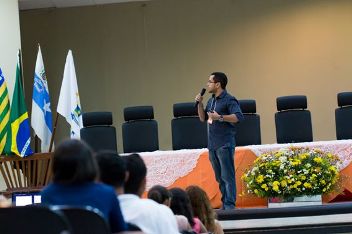 |
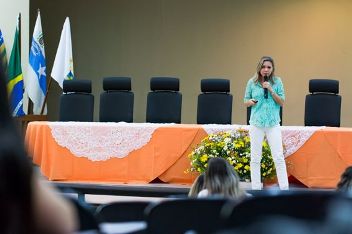 |
| Atomic force microscopy (AFM) and nanobiotechnology in Northeastern Brazil Patrick Quelemes (UFPI, Parnaíba, Brazil) |
Mass spectrometry-based proteomics in molecular biomarkers Leiz Véras (UFPI, Parnaíba, Brazil) |
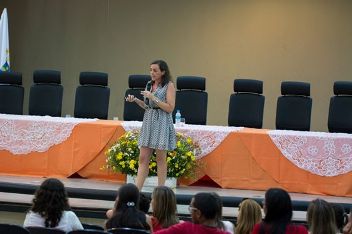 |
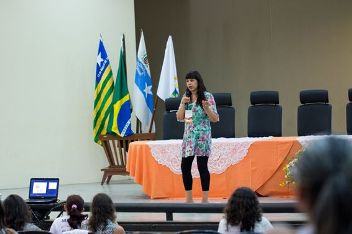 |
| Electrochemical genosensor for GMO screening of food and feed: detection of 35S promoter Maria Jesús Lobo Castañón (UNIOVI, Oviedo, Spain) |
Vesicles as a signal amplifier for the detection of GMO Patricia Molina (UNRC, Rio Cuarto, Argentina) |
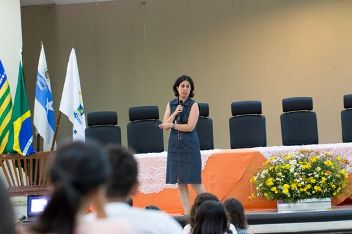 |
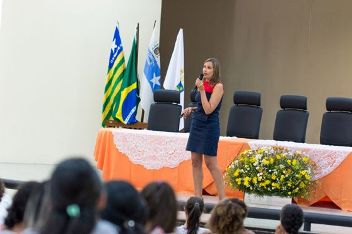 |
| Surface decoration of vesicles with gold nanoparticles as label for development of immunosensors for transgenic detection Maria Fátima Barroso (ISEP, Porto, Portugal; UNRC, Rio Cuarto, Argentina) |
Challenges in detecting genetically modified organisms in foods Isabel Mafra (ICETA, Porto, Portugal) |
 |
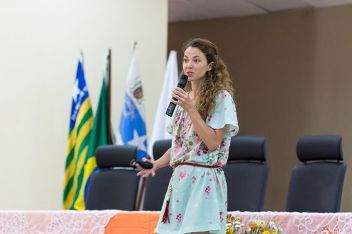 |
| Electrochemical detection in vitro and electron transfer mechanism of testosterone using a modified electrode with a cobalt oxide film José Ribeiro Santos Júnior (UFPI, Teresina, Brazil) |
The strategies of peptide synthesis. Application in biosensors Mariela Marani (CENPAT-CONICET, Argentina) |
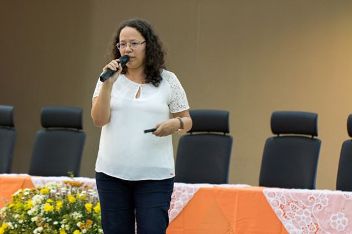 |
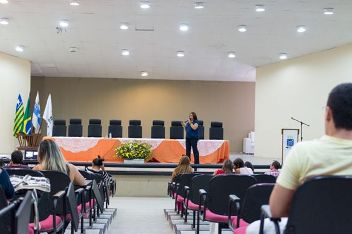 |
| Synthesis and characterization of nanoparticles based on natural products Durcilene Silva (UFPI, Parnaíba, Brazil) |
The use of molecular markers for studies in genetic variability and plant conservation Ivanilza Andrade (UFPI, Parnaíba, Brazil) |
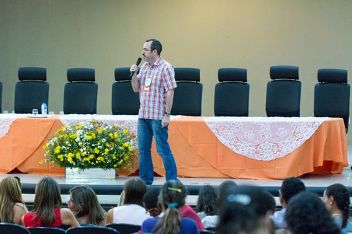 |
|
| Nanobiotechnology and high resolution imaging Peter Eaton (REQUIMTE, FCUP, Porto, Portugal) |